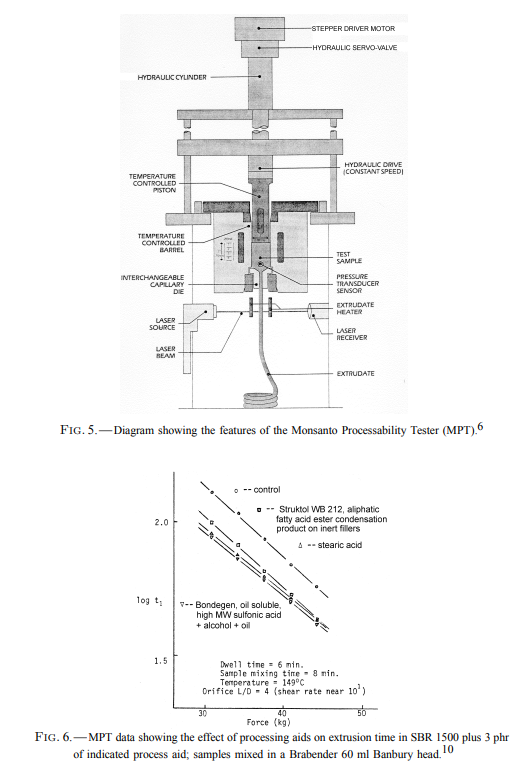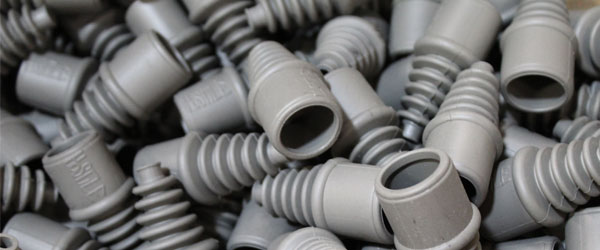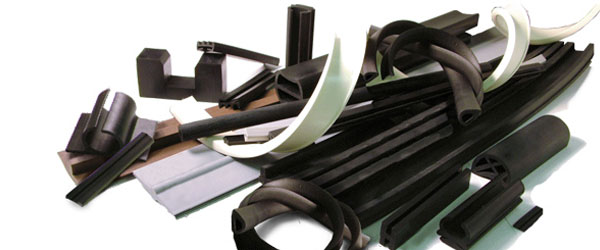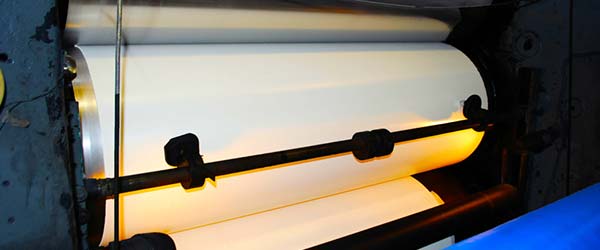The Monsanto Processability Tester is a widely used instrument in the rubber industry for measuring the viscosity of rubber compounds during processing. It is named after its developer, the Monsanto Chemical Company.

The tester consists of a cylindrical die with a diameter of 0.1 inches and a length of 1 inch. A small amount of preheated rubber compound is inserted into the die cavity, and a piston is used to apply pressure to the sample, forcing it through the die.
The pressure required to extrude the rubber sample is recorded, along with the rate of extrusion. These measurements are used to calculate the viscosity of the rubber compound, which is a measure of its resistance to flow.
The Monsanto Processability Tester is often used to evaluate the processability of rubber compounds under different conditions, such as temperature, pressure, and mixing time. It can also be used to compare the processability of different rubber formulations, and to optimize processing conditions to improve the quality of the final product.
One advantage of the Monsanto Processability Tester is its ease of use and portability. It can be used in the laboratory or on the manufacturing floor, and provides quick and reliable measurements of rubber compound viscosity. It is also a relatively low-cost instrument, making it accessible to a wide range of users in the rubber industry.
Overall, the Monsanto Processability Tester is a valuable tool for evaluating the processability of rubber compounds and optimizing processing conditions to improve the quality of rubber products.
 (909) 987-1774
(909) 987-1774 Email Us
Email Us







